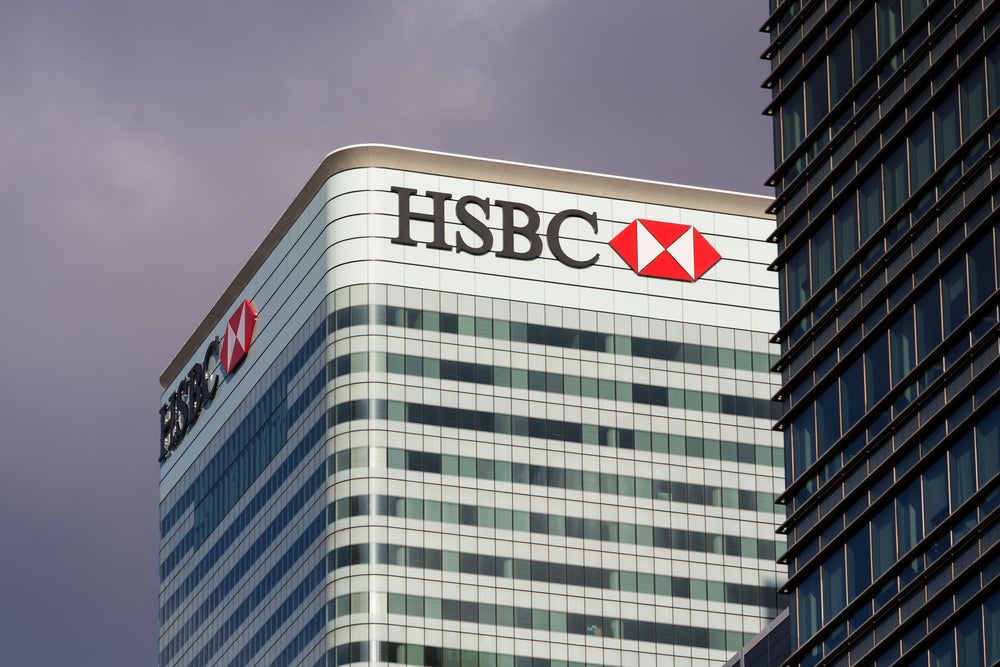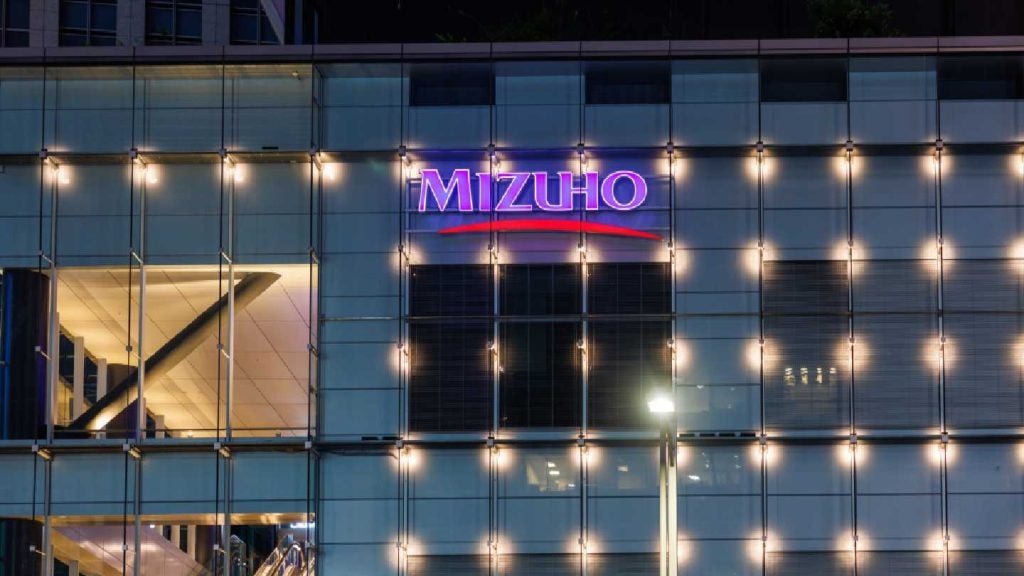
HSBC has unveiled plans to become a wealth management leader with focus on high-growth markets in Asia as its full-year pre-tax profit slumps 34%.
New strategy highlights:
The UK-based banking group, which derives most of its revenue from Asia, has revealed a $1bn increased cost reduction target with an aim to keep costs stable from 2022. It also plans to grow the proportion of investment and technology spend.

Access deeper industry intelligence
Experience unmatched clarity with a single platform that combines unique data, AI, and human expertise.
The bank now targets RoTE of 10% or above over the medium term, ditching the previous goal of 10 to 12%. Besides, it targets gross RWA reduction of $100bn by next year.
HSBC also highlighted its emphasis on wealth management, with plans to focus on an international wealth platform to connect its customers to the US wealth industry.
It aims to enhance some branches to serve as wealth management centres for its globally mobile and affluent clients.
Plans are on to allocate more capital towards Asia and wealth and personal banking (WPB) while exploring organic and inorganic options for the retail banking arm and lowering “trapped capital” in subsidiaries like the US.

US Tariffs are shifting - will you react or anticipate?
Don’t let policy changes catch you off guard. Stay proactive with real-time data and expert analysis.
By GlobalDataThe bank has identified Greater China, Southeast Asia, and India as key drivers of its future growth. It plans to expand reach in emerging Asian markets such as India and Malaysia and provide solutions to wealth channels in core markets including mainland China, Hong Kong, and Singapore.
The aim is to reinforce its leadership position in wealth position, grow global transaction banking wallet share, capital markets and investment banking in Hong Kong.
In Mainland China, it intends to scale digital hybrid mobile wealth planning for wealthy clients through the hiring of 3,000 wealth managers.
Furthermore, the bank plans to further develop Singapore as its international wealth hub to meet the needs of the growing offshore asset pool.
The growth in the Asian market will be driven by $6bn of additional investment in wealth and international wholesale over the coming five years.
HSBC aims to support its growth ambition by pivoting towards high conviction products such as alternatives, ESG, thematic fixed income and active equities, expanding UHNW client relationships, as well as growing its Jade franchise in high growth markets mainly mainland China and Singapore.
Moreover, it seeks operational efficiency through investing in automation and innovation.
Dividend
The bank has resumed its dividend payment, announcing an interim dividend of $0.15 per ordinary share for 2020. This will be paid in cash with no scrip option.
HSBC along with other large banks were barred by the Bank of England (BoE) from distributing dividends to preserve capital amid the Covid-19 pandemic.
Last year, the BoE said that banks can resume paying dividends.
“We will consider share buy-backs, over time and not in the near term, where no immediate opportunity for capital redeployment exists. We will also no longer offer a scrip dividend option, and will pay dividends entirely in cash,” noted the bank.
Key FY20 and Q4 2020 metrics
HSBC’s reported profit before tax (PBT) was $8.8bn in 2020, compared to $4.6bn in the prior year. This was said to be due to lower revenue and higher ECL, which was offset by lower costs.
Reported PBT nosedived $1.38bn in Q4 2020 from $3.89bn in Q4 2019.
Costs of $9.1bn in Q4 20 was 1% lower than the previous year. This was attributed to cost savings that outweighed increased performance-related pay and more technology investments.
The figure was $31.46bn in 2020, down 3% from a year ago.
Revenue was $11.82bn in the quarter to December 2020, driven by lower global interest rates, offset by higher Global Markets revenues. This is a 14% decrease from $13.78bn in the same quarter of 2019.
The comparable figure in FY20 was $50.36bn, an 8% fall from $54.94bn a year ago.
Adjusted revenue in the wealth and personal banking (WPB) unit dropped 18% to $6.47bn in the three-month-period ending December 2020 from $5.32bn in the prior year.
In wealth management, the figure decreased 4% to $2.14bn from $2.05bn over the period.
In Global Banking and Markets (GBM), adjusted revenue dropped 7% to $3.76bn in Q4 2020 to $3.51bn a year earlier.
Global Markets saw a 13% rise in revenue over the period. It is said to be the best fourth quarter since 2016 driven by volatility and increased client activity.
FICC was driven by robust Credit performance, while increased derivatives trading impacted Equities positively.
Leadership shake-up
The bank has also recently rejigged its leadership within its banking and wealth management operations including the appointment of Nuno Matos as the global head of wealth and personal banking.
Matos succeeds Charlie Nunn, who left the bank last year to head Lloyds Bank.
Matos most recently was the Europe CEO and will be replaced in this role by the group’s chief compliance officer Colin Bell.
Michael Roberts, HSBC Bank USA chief, has been appointed as the head of the US and the Americas. He will retain his existing responsibility in addition to the new role that makes him responsible for Canada and Latin America as well.
Roberts will manage the bank’s entire operations across the region including wealth management and personal banking lines. He will take on the new responsibility from 5 April.
From 4 April, Stephen Moss will become the CEO of Middle East, North Africa and Turkey (MENAT).







